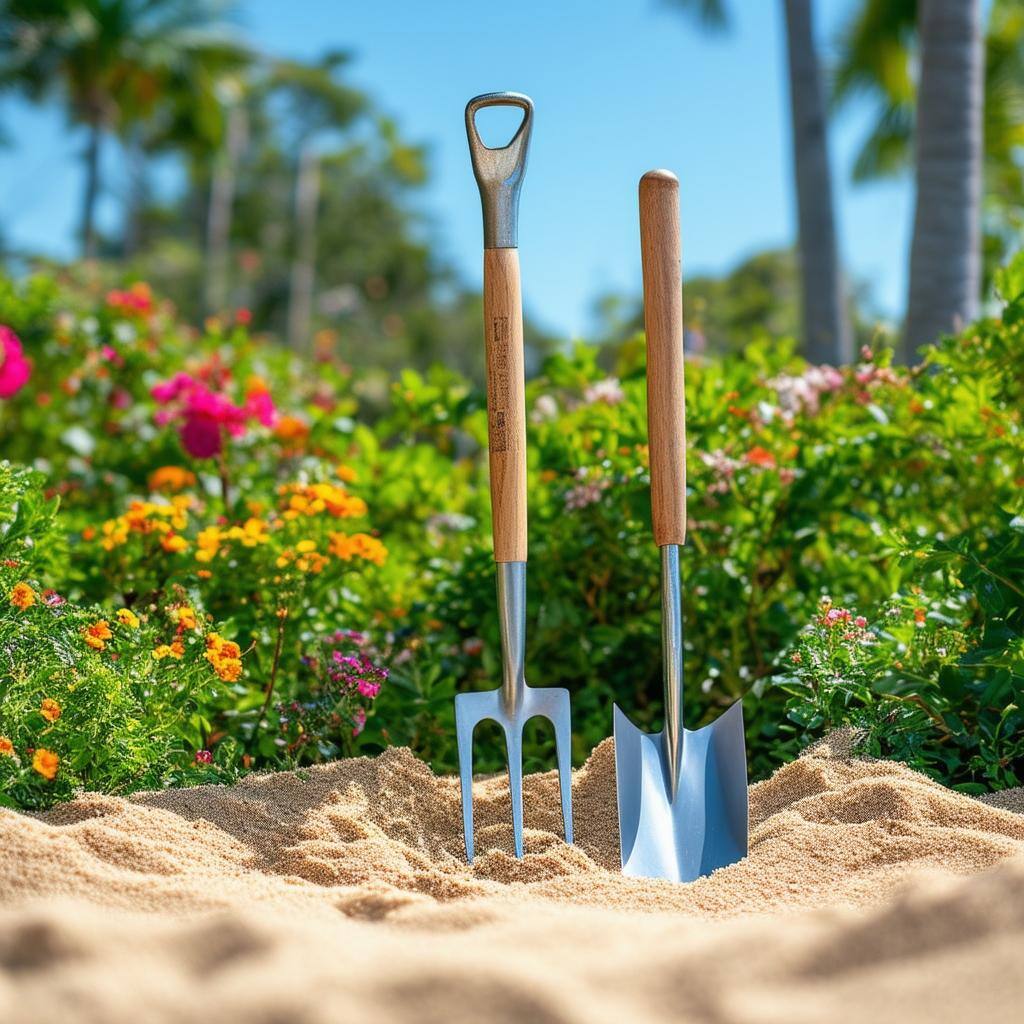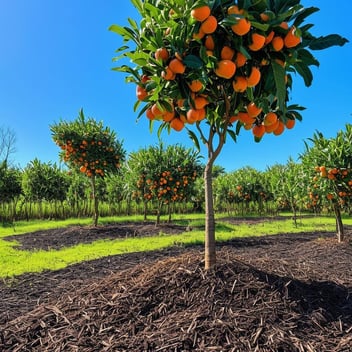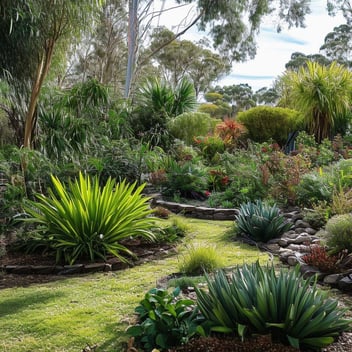Garden Forks and Spades: Which Work Best for SEQ’s Sandy Soils?
Gardening in South East Queensland (SEQ) presents unique challenges, particularly when working with the region's prevalent sandy soils. Selecting the appropriate tools, specifically garden forks and spades, is crucial for optimizing soil management and ensuring plant health.
Characteristics of Sandy Soils in SEQ
Sandy soils in SEQ are characterized by large, coarse particles that create significant pore spaces. This structure facilitates excellent drainage but often leads to low nutrient retention, as water can leach essential minerals away from plant roots. Consequently, plants may experience nutrient deficiencies, impacting growth and development.
The Role of Garden Forks in Sandy Soils
Garden forks are indispensable for aerating sandy soils, enhancing their structure without causing compaction. By gently loosening the soil, forks promote better root penetration and improve water infiltration, ensuring that plant roots receive adequate moisture and oxygen.
The Role of Spades in Sandy Soils
Spades are essential for digging and soil manipulation in sandy terrains. Their sharp blades facilitate efficient excavation, making tasks such as planting and transplanting more manageable. In sandy soils, spades can easily cut through the loose substrate, allowing for precise and clean digging.
Selecting the Right Garden Fork for Sandy Soils
When choosing a garden fork for sandy soils, consider the following:
-
Tine Design and Material: Opt for forks with slightly curved, sharp tines made from stainless steel or forged steel. These materials resist corrosion and provide durability. The curvature aids in penetrating and lifting sandy soil with minimal effort.
-
Recommended Garden Forks:
-
Spear & Jackson Traditional Digging Fork: This fork features a mirror-polished stainless steel head for rust resistance and minimal soil adhesion, making it suitable for sandy soils.
-
Burgon & Ball Stainless Steel Digging Fork: Endorsed by the Royal Horticultural Society, this fork boasts a stainless steel head and a long, double-riveted socket for strength and durability.
-
Selecting the Right Spade for Sandy Soils
When selecting a spade for sandy soils, consider the following:
-
Blade Shape and Sharpness: A pointed or rounded blade is ideal for sandy soils, as it allows for easier penetration and digging. Ensure the blade is sharp to facilitate clean cuts and reduce effort.
-
Recommended Spades:
-
Kent & Stowe Stainless Steel Digging Spade: This spade features a stainless steel blade for rust resistance and an ash wood handle for durability, making it suitable for sandy soil conditions.
-
DeWit Solid Socket Spade: Handcrafted with a solid forged carbon steel blade and an ash handle, this spade offers strength and longevity, ideal for various soil types, including sandy soils.
-
Maintenance Tips for Longevity of Tools
To ensure the durability and effectiveness of your garden forks and spades:
-
Cleaning and Storage: After each use, clean tools thoroughly to remove soil and moisture. Store them in a dry place to prevent rust and deterioration.
-
Sharpening and Rust Prevention: Regularly sharpen the blades and tines to maintain efficiency. Apply a light coat of oil to metal parts to prevent rust formation.
Conclusion
Selecting the appropriate garden forks and spades tailored to SEQ’s sandy soils significantly enhances gardening efficiency and plant health. By investing in quality tools and maintaining them properly, gardeners can overcome the challenges posed by sandy soils and cultivate thriving gardens.




